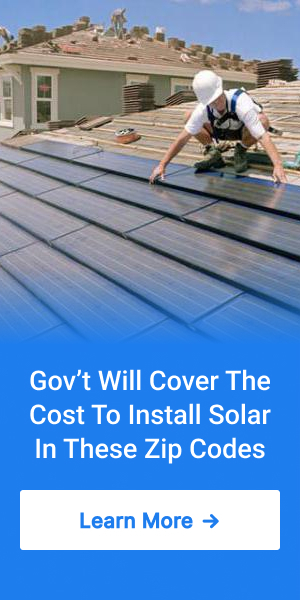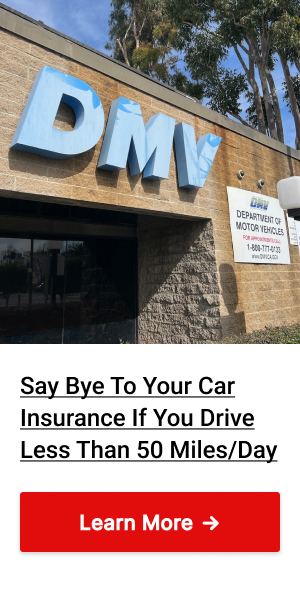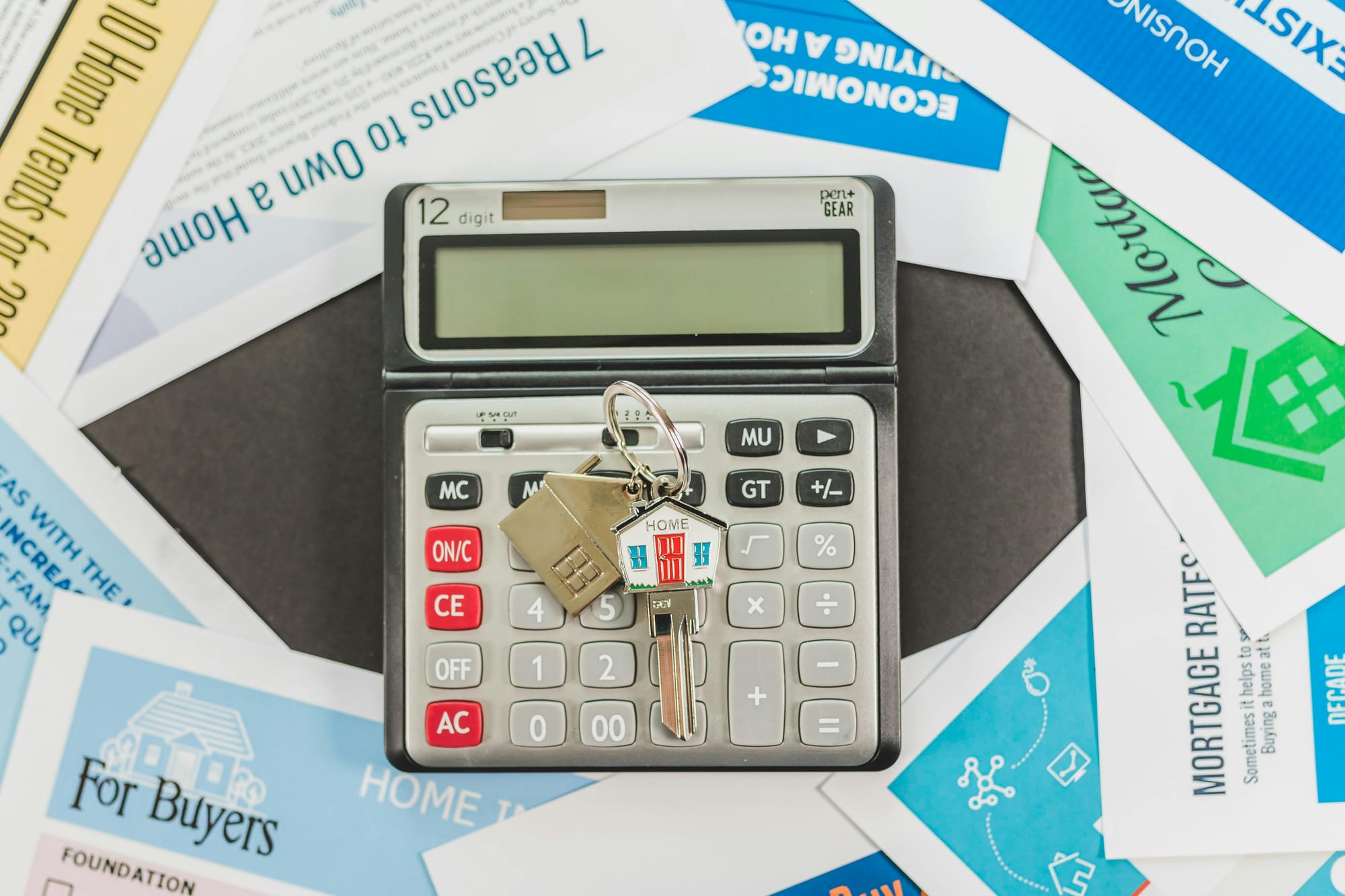
Home Buying
The Pros and Cons of Adjustable-Rate Mortgages (ARMs)
Buying a home comes with one of the biggest financial decisions you’ll ever make: choosing the right mortgage. For many buyers, especially in today’s changing market, an adjustable-rate mortgage (ARM) can look appealing. Lower initial rates can make homeownership more affordable up front — but it’s important to understand how these loans work and what trade-offs they come with.
At Lendgo, we help you look beyond the numbers to see how your loan choice fits your long-term goals. Whether you’re b

Home Buying
Understanding VA Loans
Buying a home is one of the biggest financial steps you’ll take — and if you’re a veteran, active-duty service member, or surviving spouse, you may qualify for a program designed specifically to make that dream easier to achieve.
A VA loan is more than just a mortgage; it’s a well-earned benefit that offers affordable homeownership opportunities for those who’ve served. At Rate Simple, we believe in making the path to homeownership as clear and supportive as possible. Let’s break down what VA l

Home Buying
Debt-to-Income Ratio and Mortgage Approval
When you apply for a mortgage, your credit score isn’t the only number lenders look at. One of the most important — and often misunderstood — factors in mortgage approval is your Debt-to-Income (DTI) ratio.
At Rate Simple, our goal is to help you understand how lenders make their decisions so you can take control of your financial future. Let’s break down what DTI is, how it’s calculated, and how it affects your ability to get approved for a home loan.
What Is a Debt-to-Income (DTI) Ratio?
Y



Home Buying
Mortgage Loan Process: Step-by-Step Timeline from Application to Closing
Understanding the Mortgage Journey
Buying a home is exciting, but the mortgage process can often feel like a maze of paperwork, approvals, and waiting periods. The truth is, the path from application to closing doesn’t have to be confusing — especially when you know what to expect.
At Lendgo, we help simplify every step of your mortgage journey. By comparing lenders and understanding how the process works, you can move forward with confidence, knowing you’re making smart decisions every step o

Home Buying
How to Choose the Best Mortgage Lender: Key Questions to Ask
Why Choosing the Right Lender Matters
Buying a home is one of the biggest financial moves you’ll ever make. The lender you choose can influence your interest rate, monthly payment, closing costs, and even how smoothly the process goes. With so many options out there, how do you know which lender is truly right for you?
The good news: you don’t have to figure it out alone. By asking the right questions and comparing multiple offers, you can put yourself in control of your mortgage. That’s exact

HELOC
Home Equity Loans vs HELOCs: What’s the Difference?
Why This Matters
If you’ve built up equity in your home, you might be considering ways to tap into it for big expenses like renovations, debt consolidation, or education costs. Two of the most common options are Home Equity Loans and HELOCs (Home Equity Lines of Credit).
At first glance, they might sound the same — both let you borrow against the value of your home. But how they work, how you repay them, and which one fits best into your financial plan can look very different. Understanding th

Next (2)Home Buying
Top Mortgage Trends in 2025: What Homebuyers Need to Know
A Year of Change for Homebuyers
2025 is bringing shifts across the housing market that every buyer and homeowner should understand. Mortgage rates are adjusting, inventory is moving, and affordability is evolving. When you have a clear picture of these changes, you can make better financial decisions.
At Rate Simple, our goal is to help you feel informed and confident about your next step, whether you are buying your first home or considering a refinance.
Trend 1: Mortgage Rates Are Moderati
HELOC
The Risks of Using a HELOC to Consolidate Debt (And How to Avoid Them)
Why Talk About Risks?
A home equity line of credit (HELOC) can be a powerful way to simplify debt repayment and save money on interest. By rolling multiple high-interest balances into one lower-interest loan, many homeowners free up cash and gain control over their finances.
But like any financial tool, a HELOC isn’t without risks. Understanding those risks upfront ensures you use it wisely—and avoid turning a helpful solution into a bigger problem.
Overspending After Debt Consolidation
One
HELOC
HELOC vs. Personal Loan — Which is Better for Debt Consolidation?
Why Compare HELOCs and Personal Loans?
If you’re managing multiple debts—credit cards, auto loans, or student loans—it can feel like you’re constantly playing catch-up. Consolidating those balances into one loan can make life much easier. Not only does it simplify your finances, but it can also reduce your interest costs and help you pay off debt faster.
Two of the most common tools for consolidation are home equity lines of credit (HELOCs) and personal loans. Both can help, but which one actu
HELOC
How to Qualify for a HELOC for Debt Consolidation
Why Homeowners Look to HELOCs
When you’re dealing with multiple high-interest debts, like credit cards or personal loans, it can feel impossible to get ahead. Consolidating those balances into one loan with a lower rate is one of the smartest ways to ease the burden. For many homeowners, the solution is a home equity line of credit (HELOC).
But before you can tap into your home’s equity to consolidate debt, you’ll need to know what it takes to qualify. The good news is, with the right preparat














